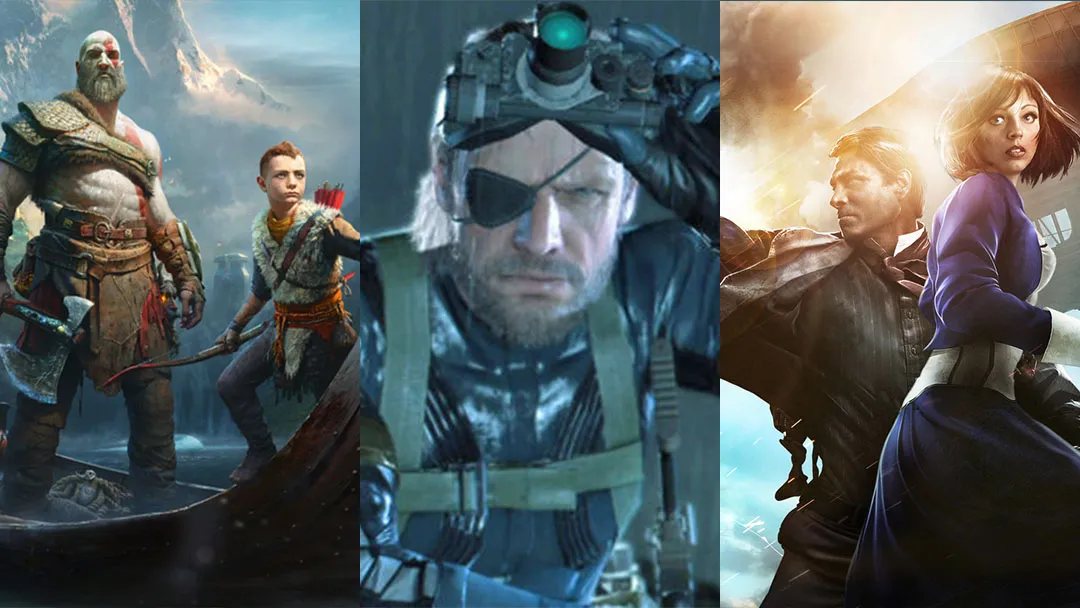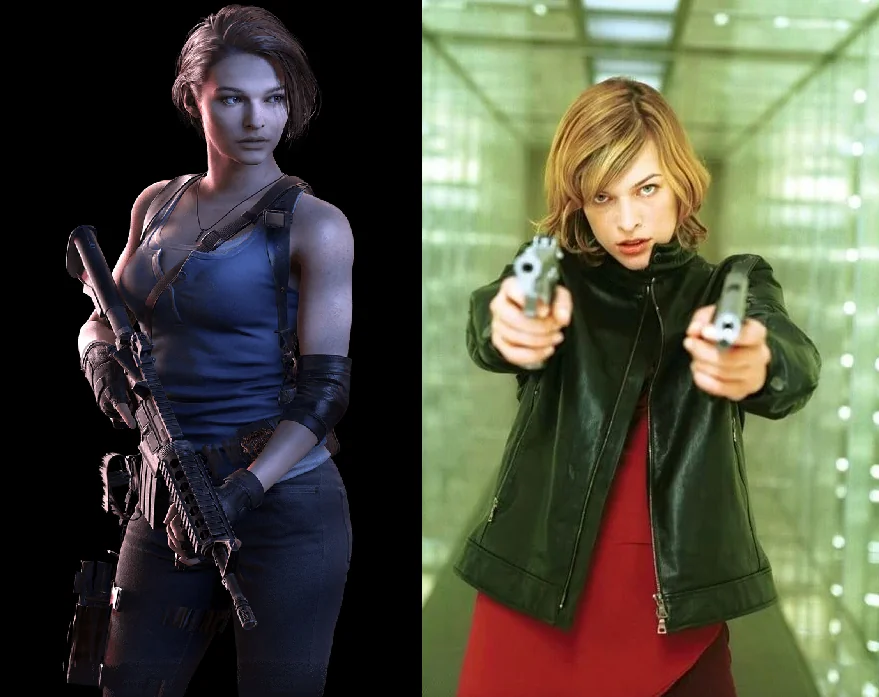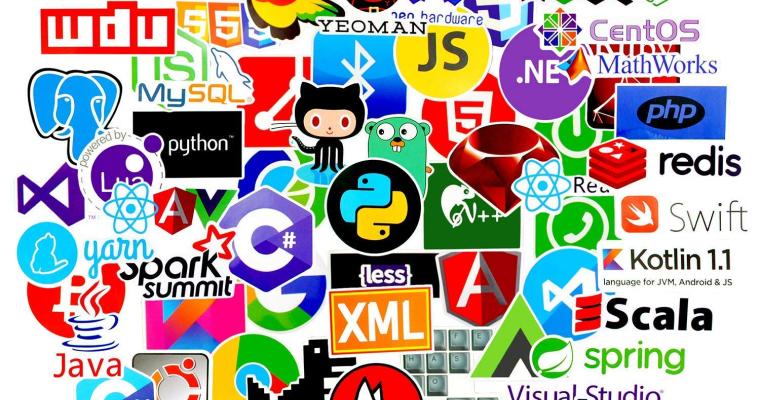Movies and video games are two very popular types of entertainment. For a long time, they were quite different from each other. Movies told stories that you watched, while video games were something you played. But over the years, these two worlds have started to come together in interesting ways. This has led to something called “cinematic games” – video games that are a lot like movies in how they look and tell stories.
What are Cinematic Games?

Cinematic games are video games that try to be like movies in many ways. They usually have:
- Big, exciting stories with interesting characters
- Amazing graphics that look almost real
- Lots of cutscenes (movie-like parts that you watch instead of play)
- Famous actors doing the voices or even appearing in the game
- Movie-style camera angles and special effects
These games want to make you feel like you’re playing through a big Hollywood movie. They often have action, drama, and excitement just like blockbuster films.
How Games Started to Look More Like Movies
In the early days of video games, the graphics were very simple. Games couldn’t look anything like real life or movies. But as technology got better, game makers could create more detailed and realistic worlds.
Some important steps in this process were:
- 3D graphics: Games could now have worlds you could move around in, just like in movies.
- Better animation: Characters could move more smoothly and naturally.
- Full voice acting: Instead of just text, characters could talk like in movies.
- Motion capture: Real actors’ movements could be put into games, making characters move just like real people.
- Improved lighting and special effects: Games could create moods and exciting scenes just like films.
As games started to look more like movies, game makers also began to focus more on storytelling. They hired professional writers to create deep stories and interesting characters. This made games feel even more like interactive movies.
Examples of Famous Cinematic Games

Over the years, there have been many games that really pushed the idea of being like movies. Here are some famous examples:
| Game Title | Year | Cinematic Elements |
|---|---|---|
| Metal Gear Solid | 1998 | Long cutscenes, complex story like a spy movie |
| Shenmue | 1999 | Big open world, story like a kung-fu movie |
| Max Payne | 2001 | Comic book-style cutscenes, slow-motion action like action movies |
| Grand Theft Auto III | 2001 | Big living city, crime movie-like story |
| God of War | 2005 | Epic battles, camera angles like a mythology movie |
| Uncharted series | 2007-2017 | Like playing through Indiana Jones-style adventure movies |
| Heavy Rain | 2010 | Heavy focus on story and choices, feels like an interactive movie |
| The Last of Us | 2013 | Realistic graphics, deep emotional story like a post-apocalyptic drama |
| Detroit: Become Human | 2018 | Choice-based storytelling, feels like controlling a sci-fi movie |
| Red Dead Redemption 2 | 2018 | Huge detailed Wild West world, feels like being in a Western movie |
How Movies Influence Games
Movies have had a big impact on how video games look and feel:
- Visual Style: Many games try to copy the way movies look. They use similar camera angles, lighting, and special effects.
- Storytelling: Games often use storytelling techniques from movies, like flashbacks, plot twists, and character development.
- Music and Sound: Game music has become more like movie soundtracks, with full orchestras and famous composers.
- Acting: Many games now use professional actors, both for voice work and motion capture.
- Genres: Games often try to recreate popular movie genres like action, horror, or science fiction.
- Pacing: Some games try to control the pace of the action, building up excitement like a movie does.
How Games Influence Movies
While movies have had a big effect on games, games have also started to influence movies:
- Visual Effects: The technology used to make game graphics is now used to create special effects in movies.
- Story Ideas: Many movies are now based on video games, like “Tomb Raider” or “Detective Pikachu.”
- Action Scenes: Some movies have action scenes that look a lot like video games, with impossible camera moves or over-the-top action.
- Interactive Elements: Some movies have tried to add game-like choices for the audience, though this isn’t very common.
- Virtual Production: Game engines are now used to help make movies, creating virtual sets and previewing special effects.
The Good Things About Cinematic Games
Cinematic games have some big advantages:
- Immersive Stories: They can tell deep, emotional stories that really pull you in.
- Beautiful Visuals: These games often look amazing, almost like real life.
- Acting: Good voice acting and motion capture can make characters feel very real.
- Accessibility: People who aren’t good at difficult gameplay can still enjoy the story.
- Emotional Impact: Like good movies, these games can make you feel strong emotions.
- Memorable Experiences: The combination of gameplay and storytelling can create unforgettable moments.
The Challenges of Cinematic Games
However, there are also some problems with cinematic games:
- Less Gameplay: Sometimes there’s so much story that you don’t get to play as much.
- Linear Stories: Many cinematic games don’t let you change the story much.
- Short Length: Creating movie-like graphics and stories is expensive, so these games can be shorter than other games.
- Less Replay Value: If the game is very story-focused, you might not want to play it again once you know what happens.
- Not for Everyone: Some players prefer more gameplay and less watching cutscenes.
- Expensive to Make: These games cost a lot of money to create, which can be risky for game companies.
Games Based on Movies
For a long time, there have been games based on popular movies. Some examples are:
| Game/Series | Year(s) | Based On | Notable Feature |
|---|---|---|---|
| GoldenEye 007 | 1997 | James Bond | Very popular game |
| Star Wars games | Various | Star Wars | Many games set in this universe |
| The Lord of the Rings games | Various | The Lord of the Rings | Several games based on the movies |
| Spider-Man games | Various | Spider-Man | Many popular games about this superhero |
| Alien: Isolation | 2014 | Alien | Captures the feeling of the original |
Some movie-based games are very good, but many are not. It’s hard to make a good game that also follows the story of a movie.
Movies Based on Games
As games have become more popular, many movies have been made based on video games. Some examples are:
- Super Mario Bros. (1993): One of the first big game-to-movie adaptations, but it wasn’t very good.
- Tomb Raider (2001 and 2018): Two different movie series based on the Lara Croft games.
- Resident Evil series (2002-2016): A long-running movie series based on the horror games.
- Prince of Persia: The Sands of Time (2010): A big Hollywood movie based on the game series.
- Sonic the Hedgehog (2020): A recent success that captured the fun of the games.
Like games based on movies, movies based on games have had mixed success. It’s tricky to turn an interactive game into a movie that people will enjoy watching.
The Future of Cinematic Games

As technology continues to advance at a rapid pace, the world of cinematic games is set to undergo some exciting changes. These developments promise to blur the lines between games and movies even further, creating incredibly immersive experiences for players.
One of the most noticeable improvements will be in graphics. Already, many games look stunningly realistic, but future titles will likely be almost indistinguishable from live-action movies. This leap in visual quality will make game worlds more believable and engaging than ever before.
Virtual Reality (VR) technology is also poised to revolutionize cinematic games. By putting players directly into the game world, VR could create an unparalleled sense of immersion. Imagine not just controlling a character in a movie-like scene, but feeling as if you’re actually there, living the story firsthand.
Artificial Intelligence will play a crucial role too. AI could help create more realistic non-player characters (NPCs) with complex behaviors and dialogues. This could lead to more dynamic and unpredictable game worlds that react to player actions in sophisticated ways.
We’re likely to see even more emphasis on interactivity and player choice. Future cinematic games might offer countless ways to influence the story, with each decision having far-reaching consequences. This could lead to highly personalized narratives where no two players have exactly the same experience.
The way games are delivered could change as well. Episodic releases, similar to TV shows, might become more common. This format could allow for ongoing storylines that keep players engaged over long periods.
As internet speeds increase, cloud gaming could make high-quality cinematic games more accessible. Players might be able to instantly stream graphically intensive games without needing powerful hardware.
Finally, we might see more cross-media storytelling, with game narratives extending into movies, TV shows, or books. This could create rich, expansive universes for fans to explore across multiple forms of media.
These advancements promise to make cinematic games more immersive, interactive, and accessible than ever before, pushing the boundaries of storytelling in exciting new directions.
The Debate: Games vs. Movies
As games become more like movies, there’s been a lot of discussion about which is better. Some people say:
- Games are better because you can interact with the story.
- Movies are better because they can focus completely on telling a good story.
- Games can be too long, while movies tell a story in just a few hours.
- Games let you explore worlds in ways that movies can’t.
In the end, both games and movies have their strengths. Cinematic games try to bring together the best of both worlds.
Conclusion
Cinematic games show us how the worlds of movies and video games are coming together. These games try to give players the excitement and storytelling of movies, but with the interactivity of games. While they face some challenges, they’ve created some of the most memorable experiences in gaming.
As technology improves, we’ll likely see even more interesting ways that games and movies influence each other. Maybe someday, the line between playing a game and watching a movie will be hard to see. But for now, cinematic games give us a unique type of entertainment that lets us not just watch exciting stories, but be a part of them.
Whether you prefer traditional games, movies, or these cinematic experiences, it’s an exciting time for entertainment. The future will surely bring even more amazing ways to tell stories and create worlds for us to explore.








